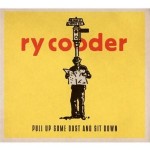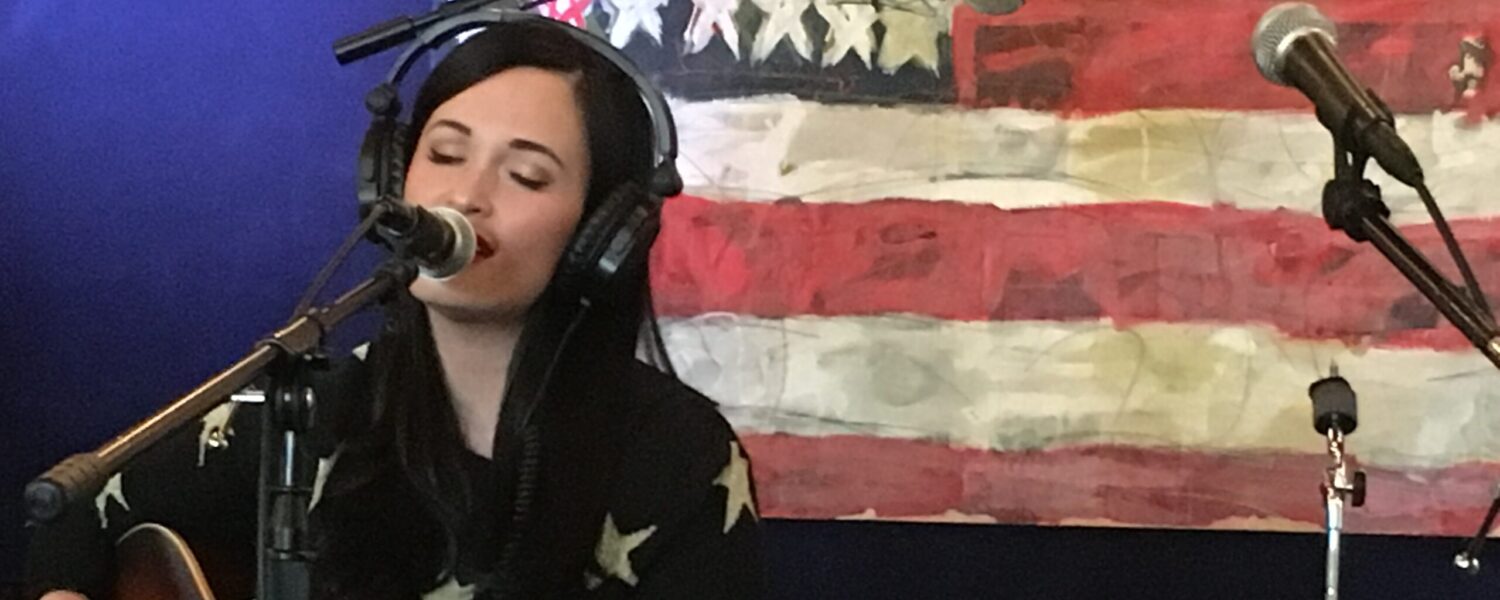
by Terry Roland –
Ry Cooder’s latest release, Pull Up Some Dust and Sit Down, hearkens back to the salad days of his breakthrough album, 1972’s Into The Purple Valley, an ironically nostalgic ode to Central California during the Great Depression.
While that album was a wink and a grin about America’s past, an attempt to escape the political insanity of the Nixon era, which at the time came complete with the Vietnam war, Pull Up Some Dust and Sit Down is intent on staring down today’s socio-economic and political unrest.
Into The Purple Valley came from a place of innocent escapism after years of folk and rock protest; this album devotes itself to the lighter and somewhat brighter side of Ry’s own clear-eyed cynicism; it’s downright contagious.
Its insights and stabs at modern conservatism are not mean-spirited as much as pointedly satiric in a Randy Newman-influenced way. Although the two albums span three decades, they don’t sound all that different instrumentally, with Dust Bowl accordions and cleverly paced instrumentation, along with Ry’s familiar and soulful slide guitar work. He also chimes in on mandolin, mandola, bajo sexto and banjo.
Lyrically, he takes weighty subjects and casts them in a much-needed humorous light through quirky and seedy characterizations, infusing them with insightful street wisdom.Opening with the self-explanatory and potential anthem for the Occupation Movement, “No Banker Left Behind,” the pace is set for satiric playfulness.
The follow-up songs don’t disappoint, with such subjects as immigration, (“Quicksand”), the fundamentalist Evangelical Right,(“If There’s A God”) and the recent attacks on the American Labor Unions on the Tom Waits-like”I Want My Crown.”
Along with Woody Guthrie and Leadbelly, another influence is found on “John Lee Hooker for President.” Out of blues heaven, the legendary guitar player returns to earth to campaign for president. Of course, John Lee offers everyone in the nation,”one scotch, one bourbon and one beer” if they vote for him.
The most compelling track on the album is the antithesis of Woody Guthrie’s “This Land Is Your Land,” the melancholy closing song, “No Hard Feelings:”
“This land should have been our land/You took it for your land/You got a use for every stream and tree.”
But it ends on a hopeful note: “Try to live in harmony with old Mother Nature and you’ll remain in grace after you’ve gone.”
His playing on this album is pure Ry Cooder, gloriously off-center and unconventional as he slides, picks and soulfully sings his way through the aches and pains of life in 2011. His vocals have notably improved from his early ‘70s work, most likely a benefit of working with Dave Edmunds and John Hiatt in Little Village a couple of decades ago.
Strains of Latin,reggae, boss nova, ragtime and American blues all blend with a fresh celebration of life and the scent of L.A. street musical stew, with no small thanks to the players: an international and diverse group, including Flaco Jimenez on accordion, Arturo Gallardo on clarinet and alto sax, Ry’s son Joachim Cooder on bass and drums and Pablo Molina on sousa and alto horn. They manage to carry Ry’s musical vision, sometimes sustaining the mood of melancholy, sometimes screaming with righteous anger and sometimes just celebrating the funky joy ofthe blend they’ve discovered.
The new album leaves you with a feeling akin to hearing Nebraska, with some added musical flair and spice. Pull Up Some Dust represents the best of what a songwriter’s art should be capable of doing: entertaining, provoking and disturbing while it irresistibly makes you want to get up and dance.
(Terry Roland is an Americana-roots music journalist who has written interviews, reviews and feature articles for FolkWorks, Sing-Out, No Depression and The San Diego Troubadour.)

2 comments for “Review: Ry Cooder’s “Pull Up Some Dust and Sit Down””